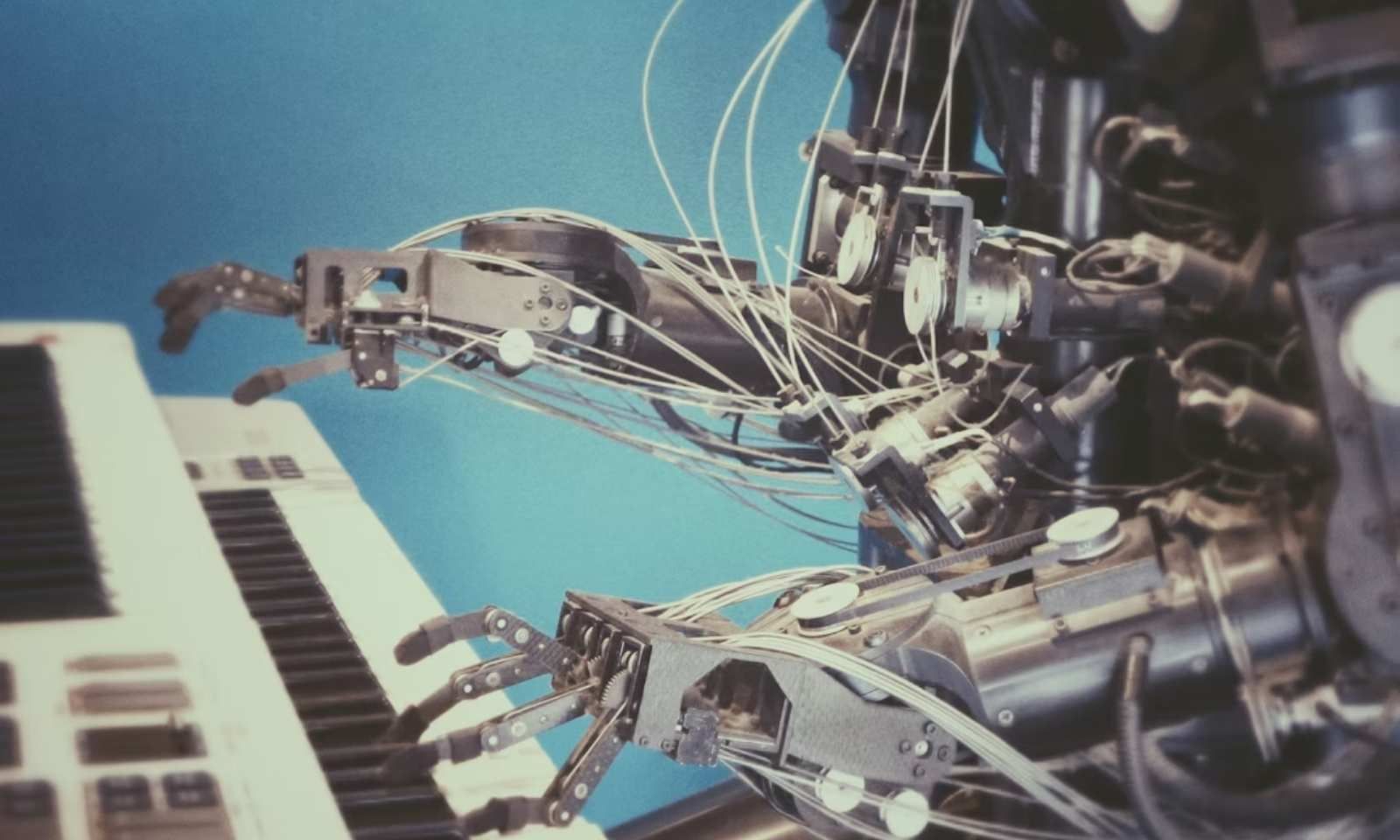

Glen Jackson.
Photo/Facebook/Unsplash
AI misses the beat: Pacific music producer challenges tech’s cultural blind spots
Glen Jackson says limited Indigenous training data means AI often mispronounces Pacific languages and fails to capture the rhythmic identity of the region’s music.





UK royal arrest sends shockwaves as Jeffrey Epstein files reference Pacific islands - reports





UK royal arrest sends shockwaves as Jeffrey Epstein files reference Pacific islands - reports
Artificial intelligence (AI) may be reshaping music worldwide, but it’s still getting Pacific sounds and languages wrong, and a Niue-Tongan producer says the mistakes are growing.
Glen Jackson, who was born in Niue and raised in Ōtara, began his career in the mid-1990s as a member of his family band, Island Pride. He later worked in performing arts and music direction, producing The Factory, which is recognised as New Zealand’s first Pacific musical and toured Australia and the Edinburgh Festival.
In 2019, Jackson released his album TALAKO and has since worked across roles in Cross-Power Niue, Community Affairs, and Niue High School, where he teaches senior students and develops creative pathways through music.
Speaking with Tofiga Fepulea’i on Island Time, Jackson says AI models are designed around Western musical structures, meaning they struggle to understand the flexible, non-linear forms that characterise many Polynesian musical traditions.
“Our Pacific or Polynesian way of playing music doesn't fit the genre of four bars or structured European songs. Because of that flow, AI can only interpret what it assumes it is. For example, I work in another [Digital Audio Workstation] system, and what I've done is create a demo version in there, then send it to Suno,” Jackson says.
Suno is an AI music generation platform that creates full songs with vocals and instruments from text prompts. Jackson says although the end result of his experiment led to a “cool, polished, studio finish”, it still did not replicate accurately the authenticity of Pacific music.
Listen to Glen Jackson’s full interview below.
“It was not close to the ukulele, the eight string ukulele or the drum beats. It will do its own top 40 version of it, which sounds cool, but it takes away that real hands-on [approach]. The strings to play, the drums, the rhythm. It will do its best to split out a version of it, but not do exactly the same.”
A 2024 APRA AMCOS study found that AI uptake is high among Australasian music creators, but genres that rely on cultural specificity and live instrumentation are among those least compatible with generative AI technologies. The report also notes that AI tools struggle with musical forms that are “non-standardised”.
Other platforms like Udio, can generate complete tracks within minutes using text descriptions. Researchers note that AI relies heavily on training data, with experts warning cultural style gaps appear when the system has limited examples of Indigenous or Pacific music to learn from.
Jackson believes these gaps also extend to Pacific-language songs. He has seen AI-generated Niuean and Sāmoan tracks circulating online that contain incorrect pronunciations and mistranslated lyrics, and warns that listeners may mistakenly adopt these versions.
“My only concern is that people who learn the Niue language are going to learn it from AI. Hearing songs’ mispronunciation of the language, and then assume that's how you say that Niue word,” Jackson says.
“With Suno, there is an opportunity that you can correct the lyrics before you actually download a finished version.But what I'm seeing is [that people are] taking that version, uploading it and sharing it. There are opportunities where you can polish and clean up as much as you can to make the language so much closer.”
He mentions Sāmoan songs being remade with AI into a 1950s Motown style, but that the language has not been correctly transferred. He acknowledges the excitement of uploading these songs, but says due diligence is important.
Jackson says he views AI-generated music as both a potential threat to his job as a producer and a tool that can improve his job to be “lighter and better”.
“But where does the authenticity of the heart and the soul as a creative come into play? How much does it take away? How much does it disregard the human touch to it? For the last four months, I've been playing with AI.”

Glen Jackson views AI-generated music as a tool. Photo/Unsplash
“The first 24 hours, I was so excited to be like, ‘I don't have to record now. I don't have to make beats. I can let AI do its thing’. But that excitement was short-lived. I have my gear here, I have my voice that still works and I can still do a studio session.
“So it was finding the balance on how do I still use AI going forward and still record as a creative artist? I had to kind of hold back from releasing ideas and concepts of what my music could be or what Niue music could sound like.”